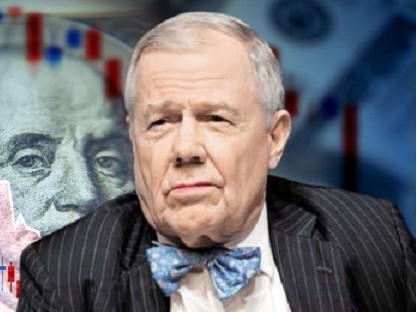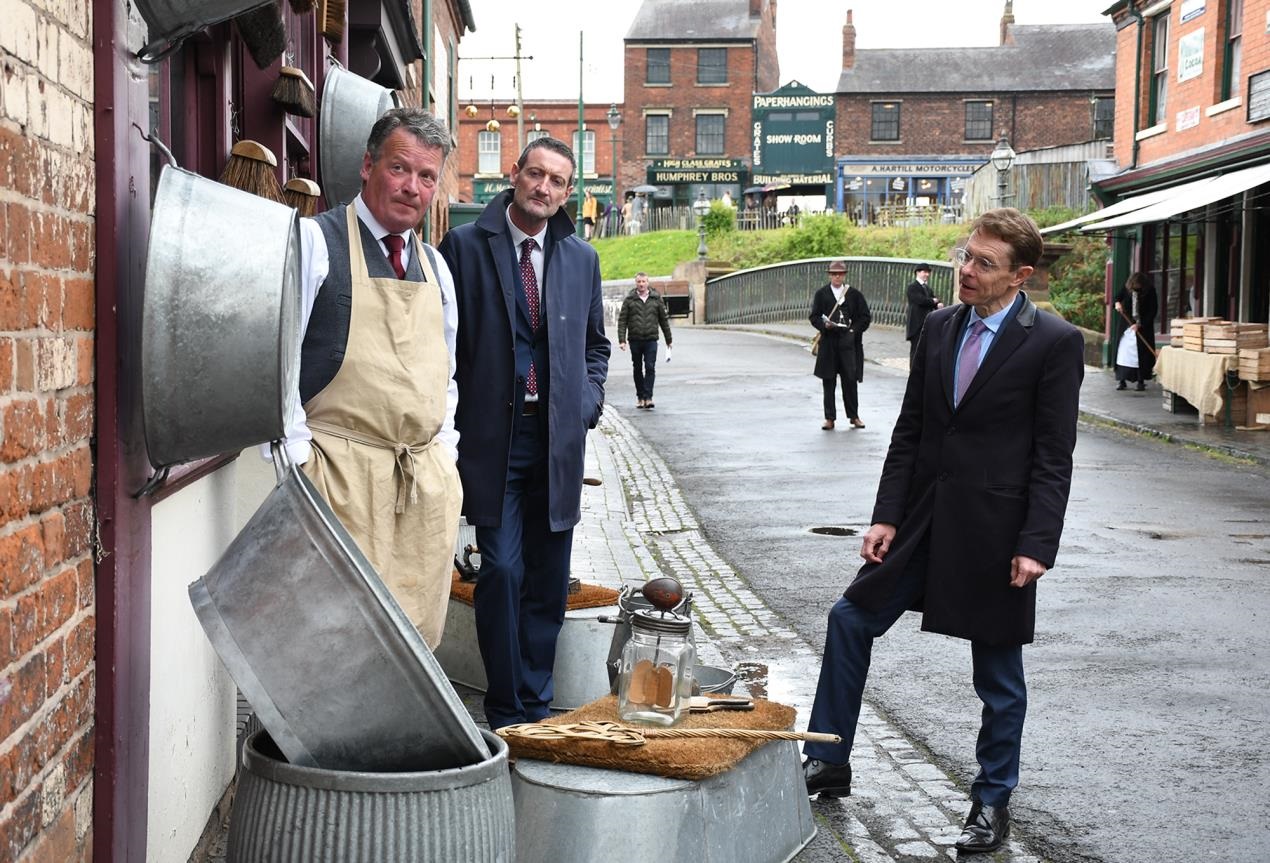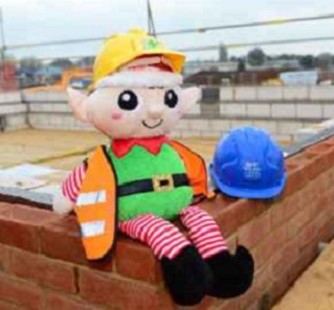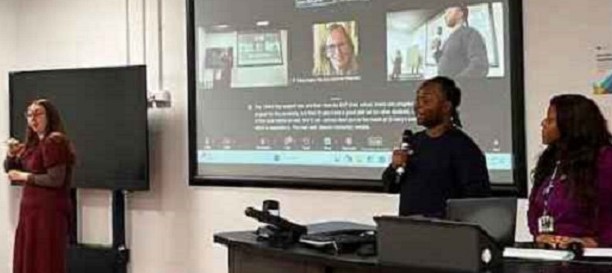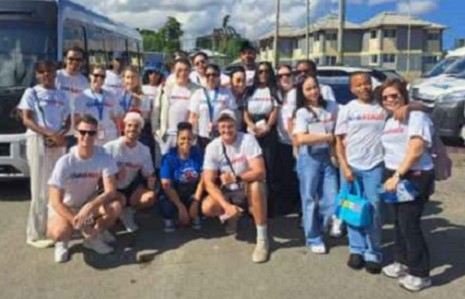An exciting £30m tourism project that will whisk people back in time to the Black Country’s post-war heydays is set to get a major investment boost from the West Midlands Combined Authority (WMCA).
The Black Country Living Museum is planning a range of new attractions at its site in Dudley, offering visitors a unique chance to experience what life was like in the 1940’s, 50’s and 60s.
The Forging Ahead project is the museum’s largest and most ambitious development since it opened in 1978. It will see a brand-new visitor welcome centre, learning spaces, industrial quarter and an historic town.
It will expand the size of the museum by around a third and allow it to cater for around half a million visitors a year. The first phase of the project will feature 22 historic buildings and structures, including the recreation of Wolverhampton’s iconic Elephant and Castle pub. Dudley’s Woodside Library will also be transported to the museum and be rebuilt brick-by-brick as one of the main landmarks of the new, historic town.
The project was stalled due to a major funding gap that had arisen because of the costs of cleaning up the derelict industrial site. The WMCA has now intervened with its Board committing devolved housing and land investment to fund the clean-up and make the site ready for development. Detailed negotiations are now taking place with the museum on the final terms of the investment.
Andy Street, Mayor of the West Midlands and Chair of the WMCA, said: “The museum’s Forging Ahead project is an incredibly exciting one and I’m pleased the WMCA has made a commitment to intervene and enable this new heritage and cultural asset to proceed. The new historic town should be quite the attraction, especially the iconic pub and library that are being painstakingly rebuilt brick-by-brick.
“The museum is right to be ambitious because it has the potential to create a real jewel in the Black Country’s crown as well as exciting opportunities for new jobs, volunteering and skills development. The museum already does a fabulous job of capturing and conveying the Black Country’s amazingly rich heritage and these new additions to the museum estate will take it to another level.”
Forging Ahead will create more than 140 new jobs at the Museum and within the local area, and 30 of these would be a direct result of the WMCA’s critical investment in the scheme.
The WMCA Board was told how the investment would support the museum’s vision to create a world class heritage attraction in the heart of the Black Country and how it would help grow the visitor market around the tourism cluster at Dudley’s Castle Hill. The project would also develop a significant tourism asset that could help support the region’s wider economy.
Andrew Lovett, chief executive officer at Black Country Living Museum, said: “Forging Ahead is now more important than ever to the future of the Museum and our region. It provides added momentum to thrive once again for our community following the unprecedented challenge of the pandemic.
“The modern Black Country, with its rich global connections and diversity of people is the enduring legacy of the 1940s-60s. It is a legacy to be proud of. Forging Ahead provides a new stage upon which we can share new stories and celebrate the contribution of everyone who came to call the Black Country home during this period of history. I believe this vision is the will of the people we serve. We’re hugely grateful for the WMCA’s support and investment at a critical stage in our project.”
The investment into the museum would be just the latest from the WMCA’s nationally acclaimed devolved housing and regeneration brownfield programme. This has seen hundreds of acres of derelict industrial land, often referred to as brownfield, regenerated to provide new homes, jobs and commercial floorspace while supporting the West Midlands’ economic recovery from Covid-19 and its #WM2041 ambition to be a net zero carbon region within the next 20 years.
Councillor Mike Bird, WMCA portfolio holder for housing and land and leader of Walsall Council, said: “Supporting the museum in this way would yet again show how the WMCA is using the money it has secured from government to open up brownfield sites to recharge our industrial history, build new homes, grow our business and tourism sector and protect our green belt from unnecessary development.”


